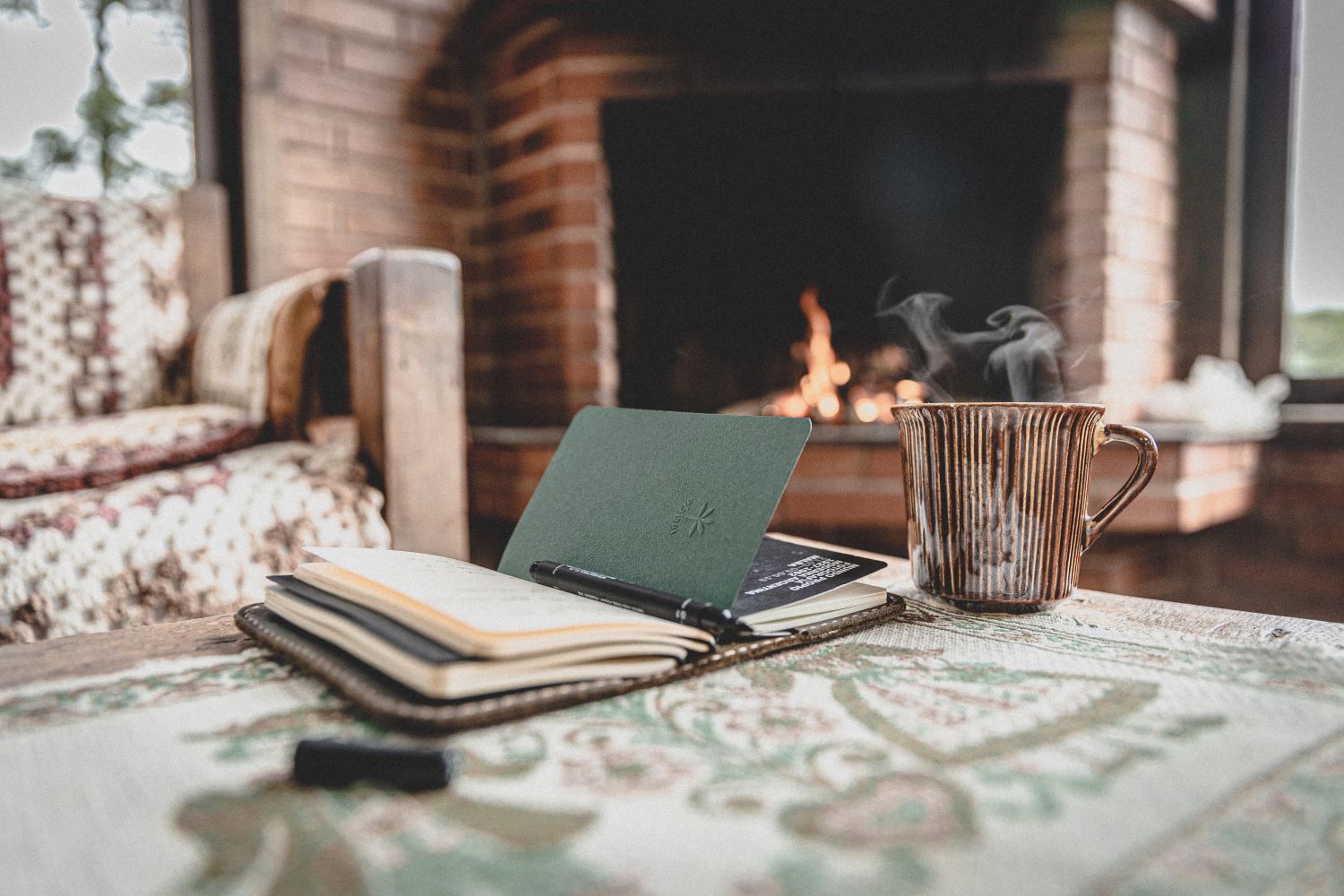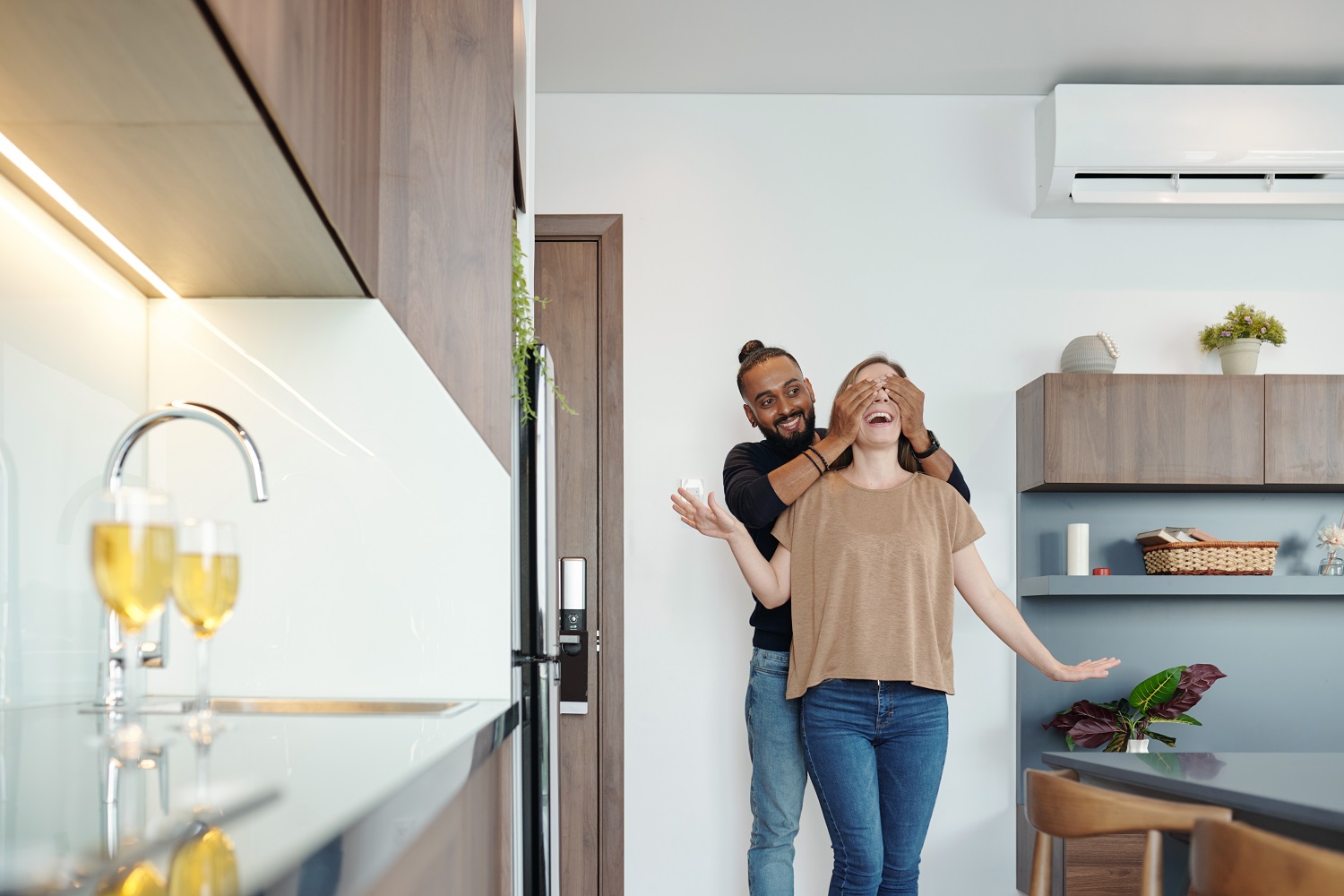Your bedroom’s layout has a profound impact on the quality of your sleep. A thoughtfully designed space can contribute to peaceful slumber, while an ill-designed room might lead to disrupted rest. To create the perfect bedroom environment for enhanced sleep, here are key factors to consider.

Invest in the Right Bed and Bedding
The foundation of a well-designed bedroom is the right bed. Beyond choosing a mattress with the right balance of firmness and softness for your body, ensure that your bed’s dimensions align with your room’s size. A bed that is too small in a big room might feel like the room has too much empty space, while a big bed in a small room could feel cramped or claustrophobic.
Likewise, cozy and comfortable pillows, sheets, and blankets can transform your sleep. Having the right pillow can help reduce neck and back pain, and choosing bedding that makes you want to fall swiftly into bed each night can help make your room an inviting space for sleep.
Declutter Your Space
A clutter-free environment is often an essential component of a restful bedroom. Besides maintaining cleanliness, mindful interior design plays a pivotal role. Minimize unnecessary furniture around your sleeping area. Depending on your room’s layout, you can choose to include a bedside chair, desk, nightstand, or dresser. Maintain a clear pathway from the bed to the door to foster a sense of openness and flow.
Embrace Soothing Color Palettes
Decorating your space in calming colors like light blue and green can significantly enhance relaxation. Select a color scheme that resonates with your personal tranquility. Having furniture and accessories that complement your room’s color scheme can help create a harmonious and peaceful ambiance, instead of competing colors, textures, and patterns.
Pay Attention to Lighting
Lighting plays a crucial role in your bedroom’s design when it comes to winding down at night. While overhead lighting is typically important for visibility, opt for gentle occasional lighting to avoid the harsh glare. Set up a few lamps with soft lighting and warm-toned bulbs to create a cozy atmosphere. During sleep hours, consider making your room as dark as possible (black-out curtains may be a helpful solution), which encourages uninterrupted rest.
Personalize Your Space
Ultimately, your bedroom’s design should reflect your personality and preferences. Leverage these tips while infusing your unique style into the design. Your intimate understanding of your needs will guide the design choices that create an optimal sleep haven.
If you’re trying to craft your bedroom for better sleep, start with these few tips. From selecting the right bed and decluttering the space to using soothing colors and strategic lighting, every aspect contributes to the overall ambiance. Integrating these insights into your bedroom design in your own way can significantly enhance your sleep quality, allowing you to wake up feeling refreshed and rejuvenated.

